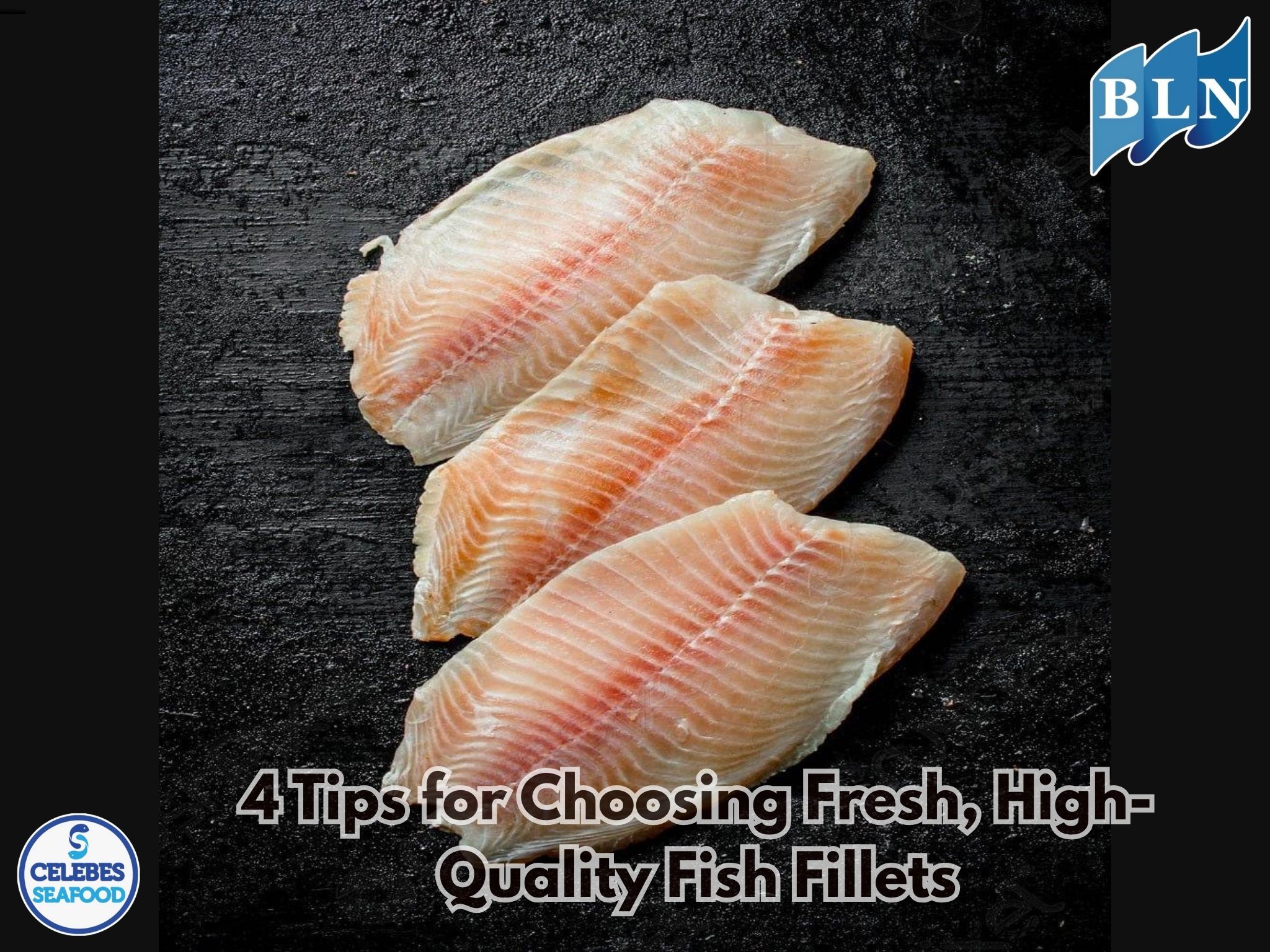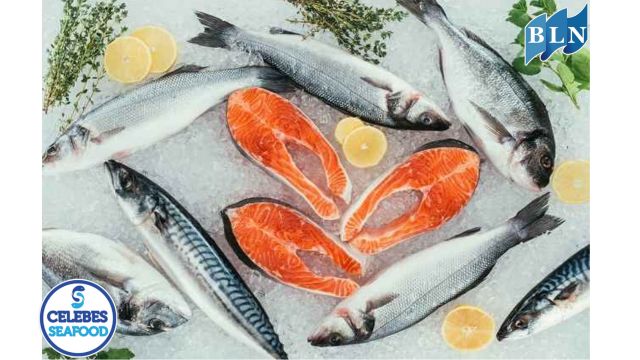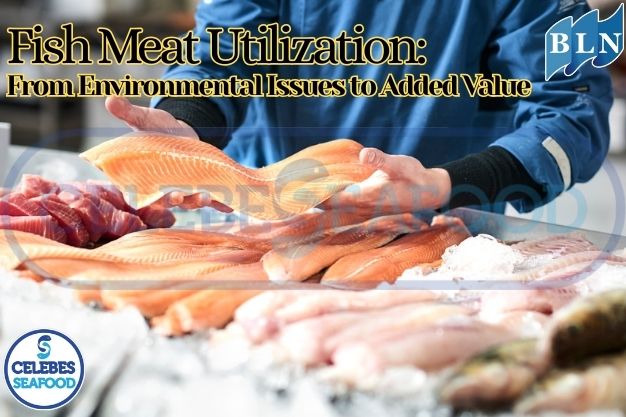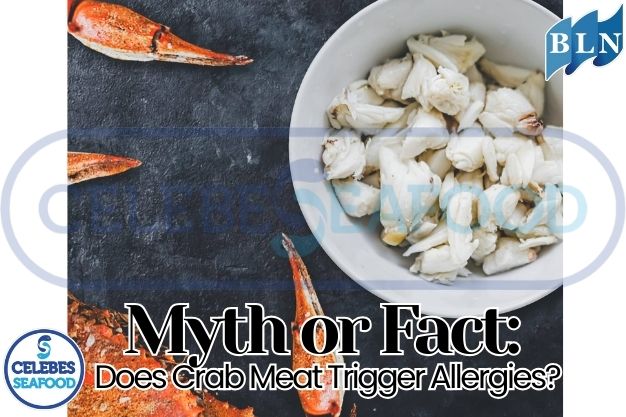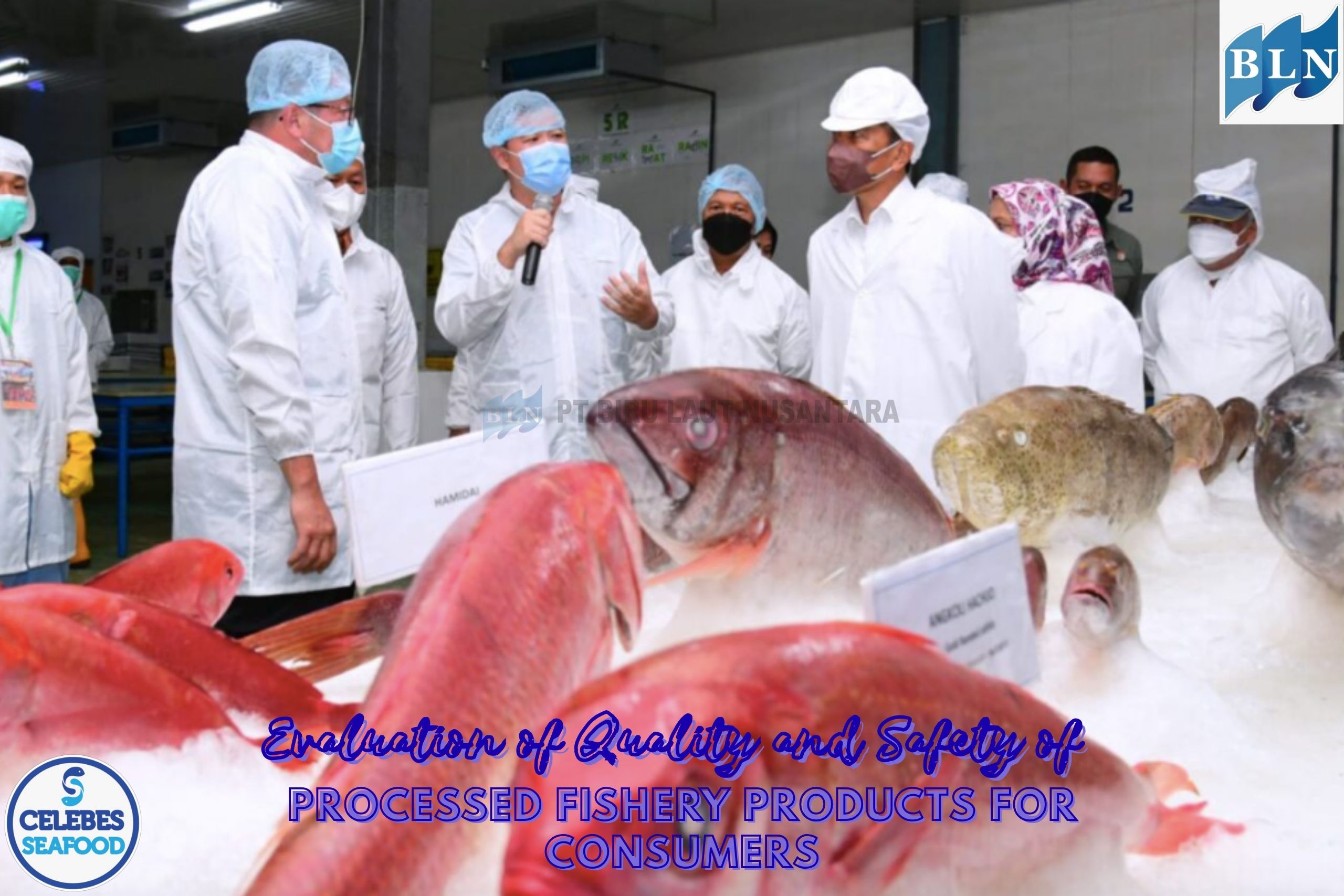The Potential of Eel as a Source of Essential Fatty Acids for Health
By. Azizah - 04 Sep 2025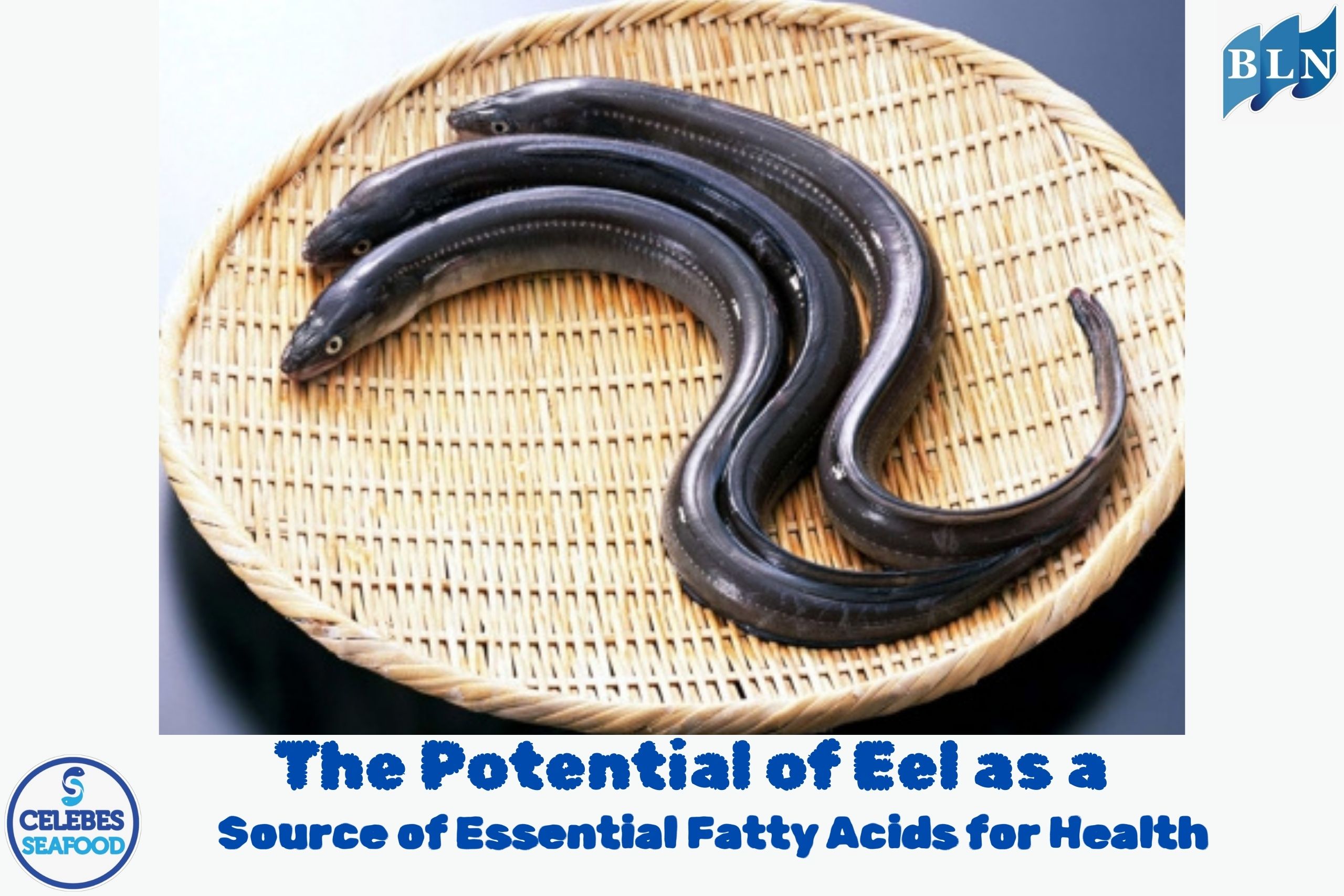
lautnusantara.comEel (Monopterus albus) is a freshwater fish with high nutritional value, particularly protein, vitamins, minerals, and essential fatty acids. Essential fatty acids such as omega-3 and omega-6 are crucial for human health as they play key roles in cardiovascular function, brain development, and immune system regulation. This article discusses the essential fatty acid content of eel, its health benefits, and the potential development of eel as a functional food source.
Introduction
Growing public awareness of the importance of a healthy diet has encouraged the search for nutrient-rich food sources, including essential fatty acids. Eels, commonly found in rice fields, swamps, and freshwater canals, are often underestimated as a nutritional resource. In addition to being a rich source of high-quality protein, eels also provide healthy fats, particularly polyunsaturated fatty acids that are essential for human metabolism.
Essential Fatty Acid Content in Eel
Studies have shown that eel meat contains:
-
Omega-3 (EPA and DHA): supports cardiovascular health, reduces inflammation risk, and aids nervous system development.
-
Omega-6 (linoleic and arachidonic acids): plays a role in immune function, wound healing, and hormone regulation.
-
Monounsaturated fatty acids (oleic acid): helps lower bad cholesterol (LDL) and increase good cholesterol (HDL).
This fatty acid composition makes eel comparable to fatty marine fish such as salmon and sardines in terms of health benefits.
Health Benefits of Fatty Acids from Eel
-
Cardiovascular Health – Omega-3 in eel helps lower blood pressure, prevent atherosclerosis, and reduce the risk of coronary heart disease.
-
Brain and Nervous System Development – DHA plays a vital role in brain tissue formation, making eel consumption beneficial for pregnant women and children.
-
Immune System Support – Omega-6 enhances immune response and accelerates wound healing.
-
Eye Health – DHA contributes to retinal health and supports vision function.
-
Metabolic Regulation – The combination of unsaturated fatty acids helps balance lipid and energy metabolism.
Potential Development of Eel as Functional Food
Eels have strong potential to be developed into functional food products with added value, such as:
-
Eel oil supplements extracted as a natural source of omega-3.
-
Processed eel products (shredded, chips, nuggets, sausages) with health-related claims.
-
Nutritious feed for livestock or aquaculture species, maintaining food chain sustainability.
Furthermore, eels are relatively easy to farm in rice fields and ponds, making them a promising freshwater aquaculture commodity to support national food security.
Challenges and Prospects
Despite its great potential, the development of eel as a source of essential fatty acids faces several challenges, including:
-
Limited research on the complete fatty acid profile of local eel species.
-
Processing technology for eel oil that remains small-scale.
-
Consumer acceptance of processed eel products, which varies across markets.
With the support of nutritional research, technological innovation, and marketing strategies, eel has the potential to become a functional food source with high economic value.
If you are interested in our Red Emperor Fillet Skin On Red Snapper Fillet Skin On please do not hesitate to contact us through email and/or whatsapp.
